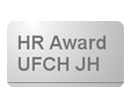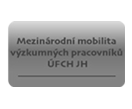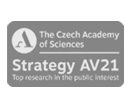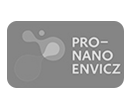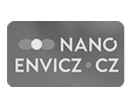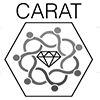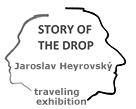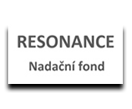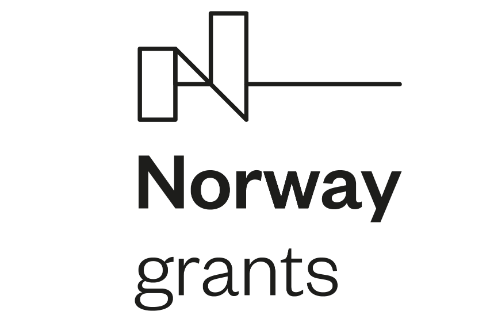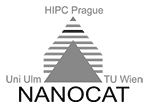J. Heyrovský Institute received funding in the Horizon Europa TWINNING call
J. Heyrovský Institute of Physical Chemistry of Czech Academy of Sciences (HIPC) received funding in the Horizon Europa TWINNING call (HORIZON-WIDERA-2021-ACCESS-03-01) and became the main coordinator of the project NanoCAT: Scientific excellence in NanoCATalysis at the Heyrovský Institute for the next three years.
A total of 388 proposals from 21 different countries were evaluated in this call, including 38 proposals from the Czech Republic. Greece and Portugal received the most grants with 13, followed by the Czech Republic and Estonia with 9 successful projects. Three grants were awarded to Palacký University Olomouc, followed by one grant each to the J. Heyrovský Institute of Physical Chemistry of the CAS, the Technical University of Liberec, Tomas Bata University in Zlín, the Czech University of Life Sciences Prague, the Brno University of Technology and Masaryk University.
The project, with focus on multidisciplinary research in the field of nanocatalysis, will be implemented within the framework of an established consortium network with two excellent research institutions: Universität Ulm and Technische Universität Wien. The main objective of the NanoCAT project is to strengthen the HIPC scientific base in the field of nanocatalysis through training, knowledge exchange, linking to EU scientific platforms in the field of nanocatalysis. Both scientific and administrative staff of the HIPC will gain experience with grant support and EU science policy within the project, as one of the set goals is also the creation of a European office of the HIPC.
The overall aim of the NanoCAT project is to boost scientific excellence in nanocatalysis at HIPC by creating a consortium with outstanding research institutions, University Ulm and Vienna University of Technology both at the scientific and management level with aim creation of a European HIPC office.
Collaboration with renowned research institutions will further increase the visibility of HIPC, contribute to building further scientific links and support the integration of the Institute into the European research area.
The project will not only involve exchanges of scientific and administrative capacities in accordance with equal opportunities and gender balance. In addition, events aimed at building the scientific community will be organized, e.g. through international conferences on nanocatalysis, summer schools where experts in nanocatalysis will present their scientific results, and dissemination of results.
More details: Technology Centre CAS








